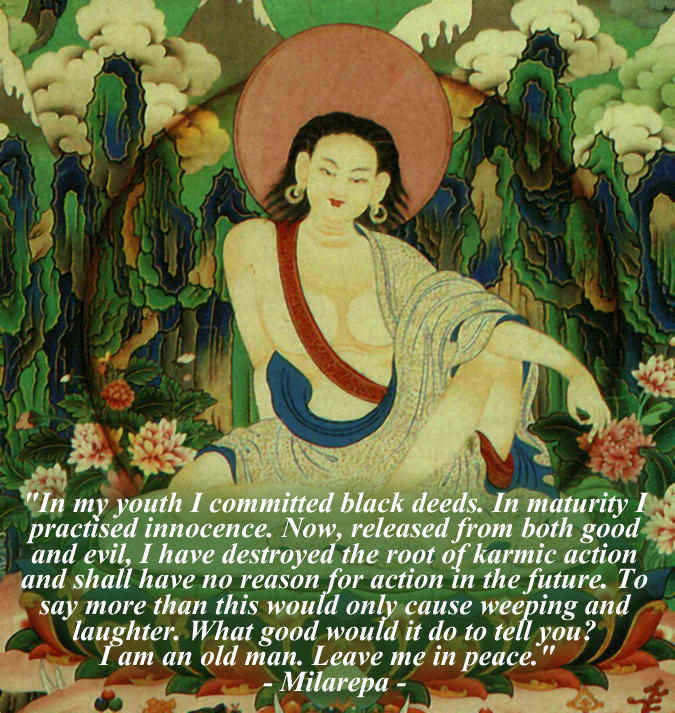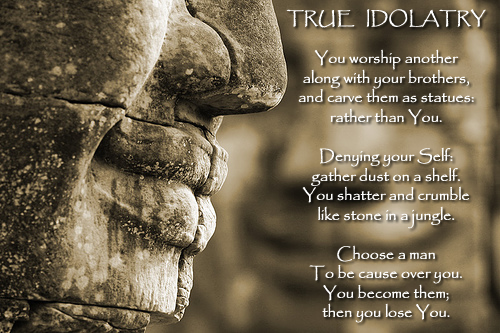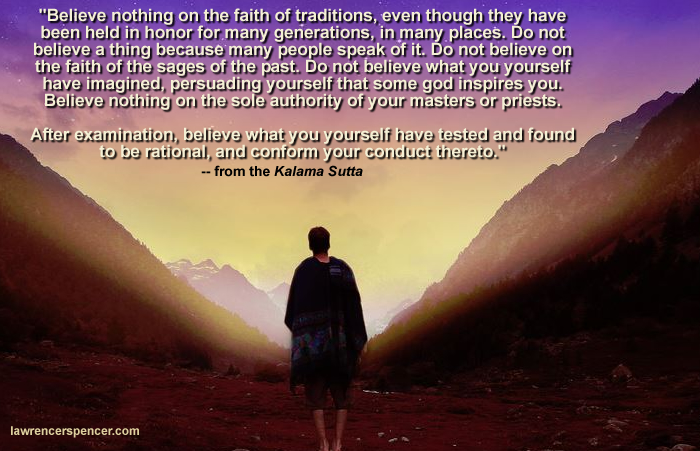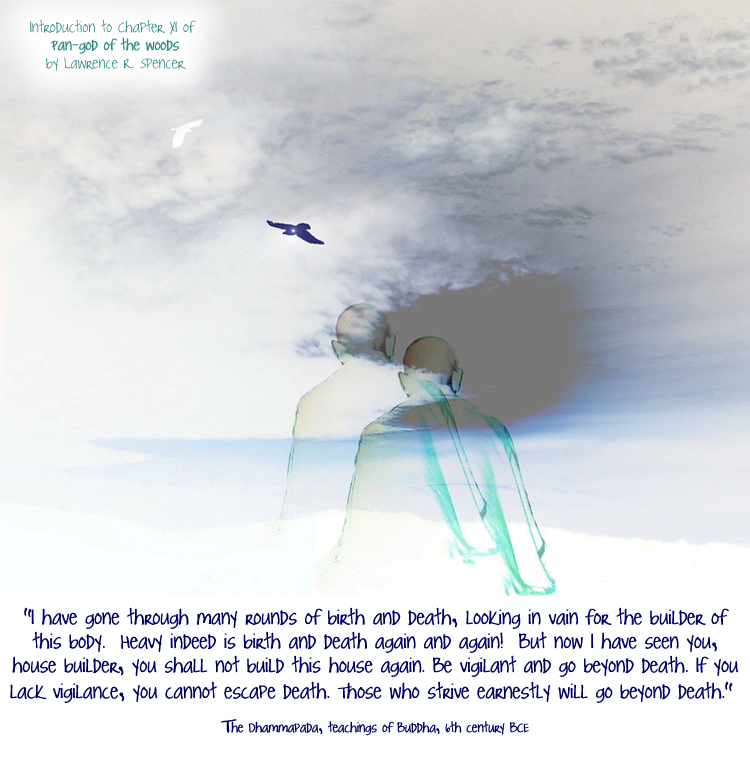Republished by Blog Post Promoter
Jetsun Milarepa (c. 1052 – c. 1135 CE) is generally considered one of Tibet’s most famous yogis and poets.
Milarepa is famous for many of his songs and poems, in which he expresses the profundity of his realization of the dharma. Through the illustration of his own life, Milarepa set for all Buddhists an example of the perfect Bodhisattva, and a model of the incorruptible life of a genuine practitioner of Buddhist Tantrism. His life is an unmistakable testimony to the unity an interdependency of all Buddhist teachings – Theravada, Mahayana, and Vajrayana – for Buddhahood is not attainable if any of the three is lacking. He made it clear to all that poverty is not a kind of deprivation, but rather is a necessary way of emancipating oneself from the tyranny of material possessions; that Tantric practice by no means implies indulgence and laxity, but hard labor, strict discipline, and steadfast perseverance; that without resolute renunciation and uncompromising discipline, as Gautama Buddha Himself stressed, all the sublime ideas and dazzling images depicted in Mahayana and Tantric Buddhism are no better that magnificent illusions.






